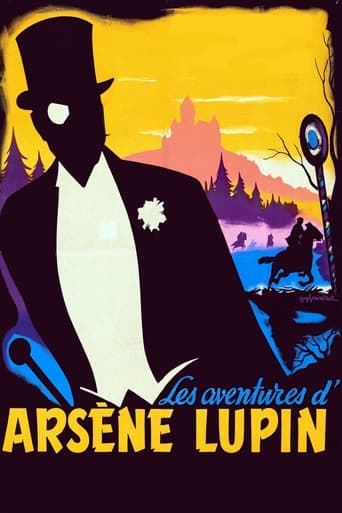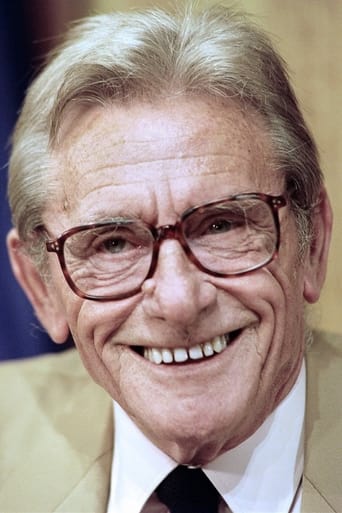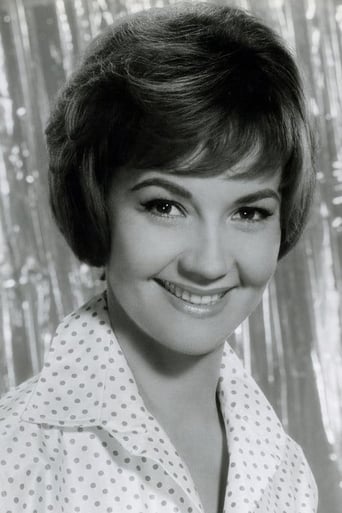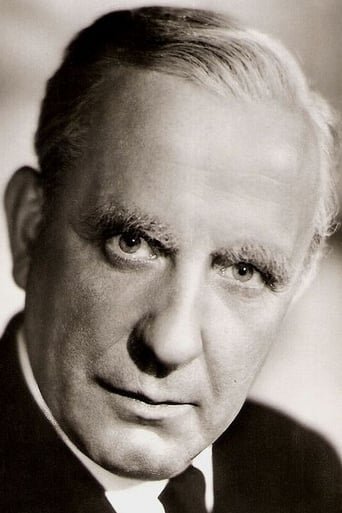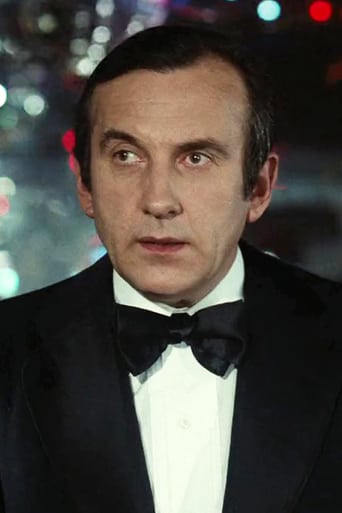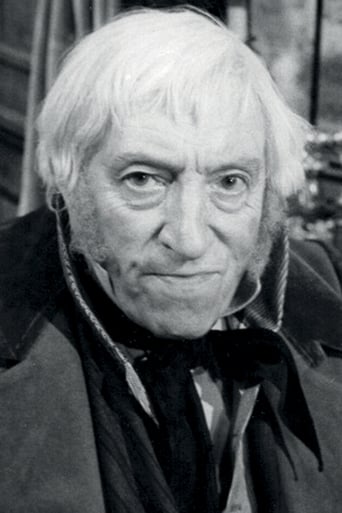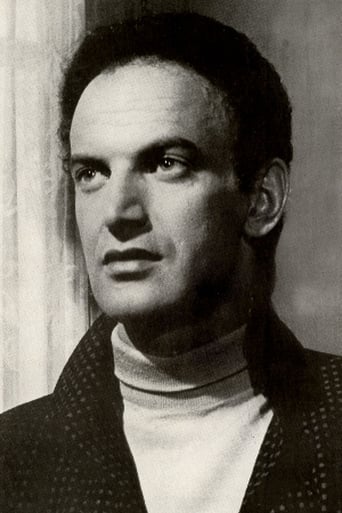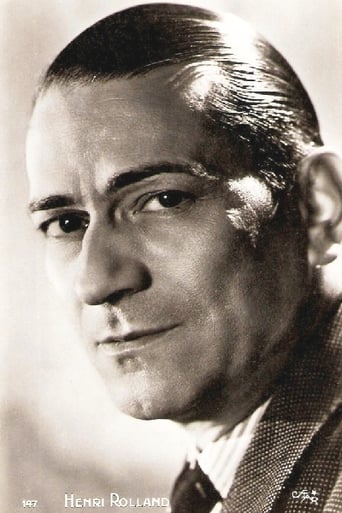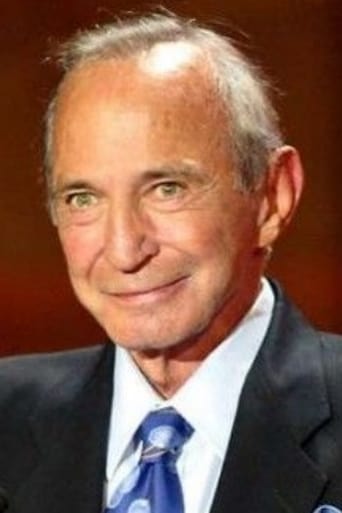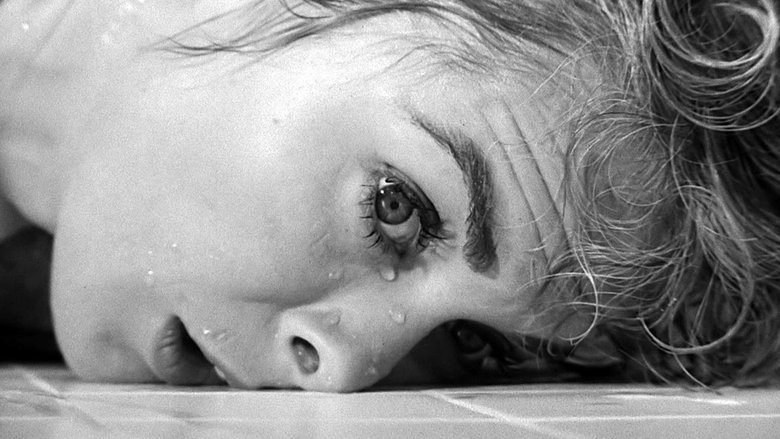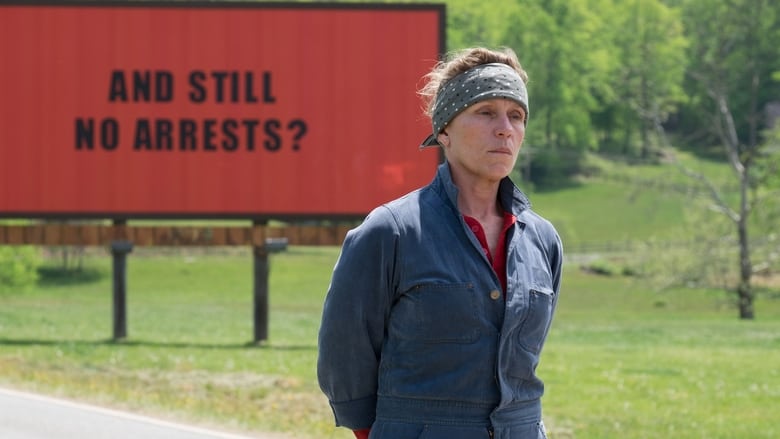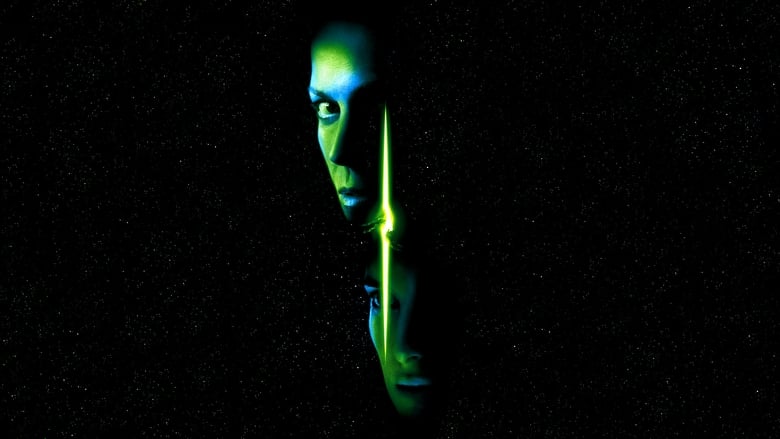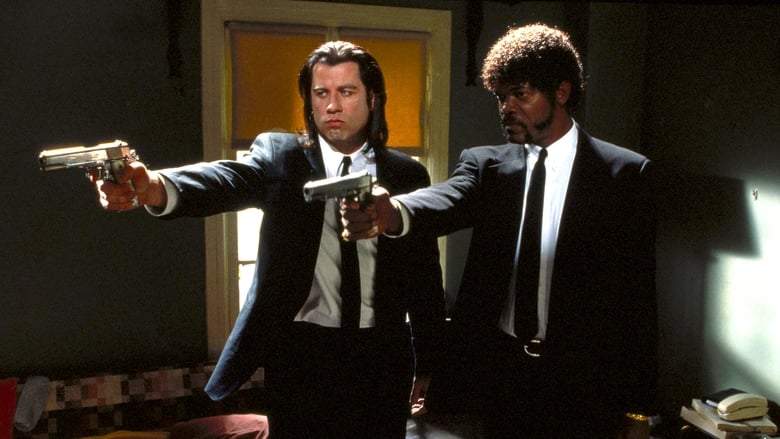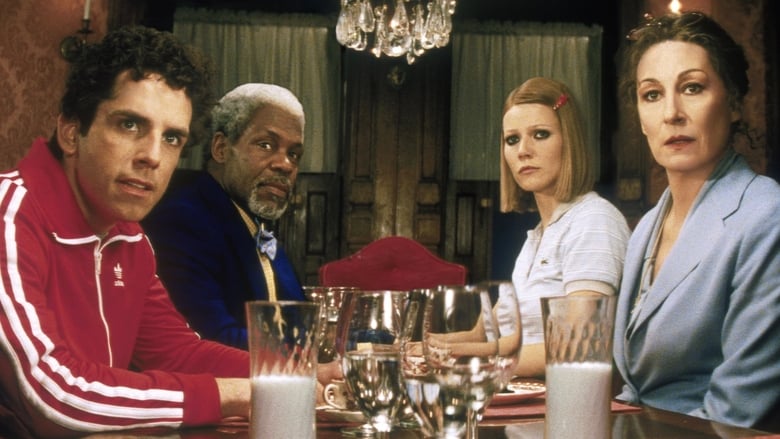Arsène Lupin is extremely popular among the population, because he allows the needy to share in his acquired wealth. Before entering the service of the German Emperor Wilhelm II, he removes his vault in Alsace, steals two paintings of old masters, steals valuable gems and calls out to the police prefect to avoid his arrest. But this time he risks being seriously recognized. Lupin must once again use his fine intellect to deftly escape the situation.


Similar titles
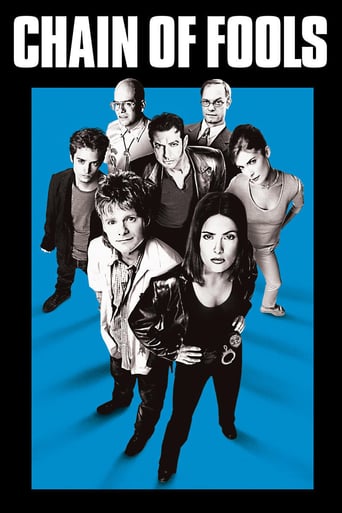
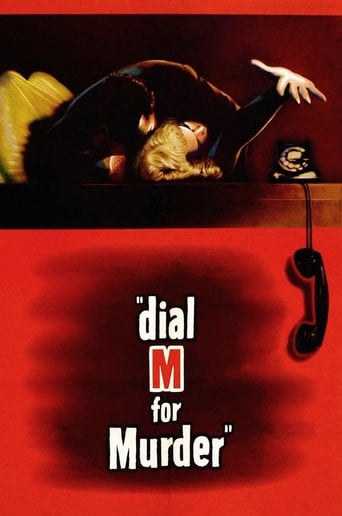
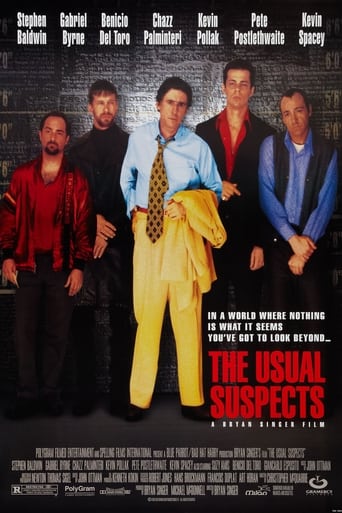
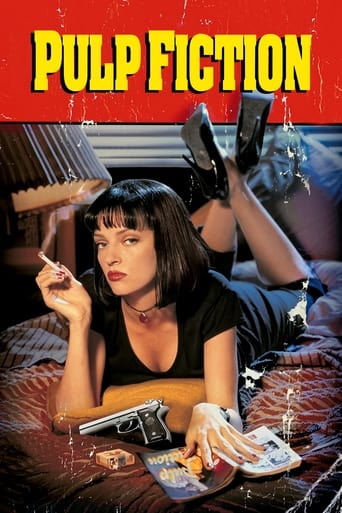
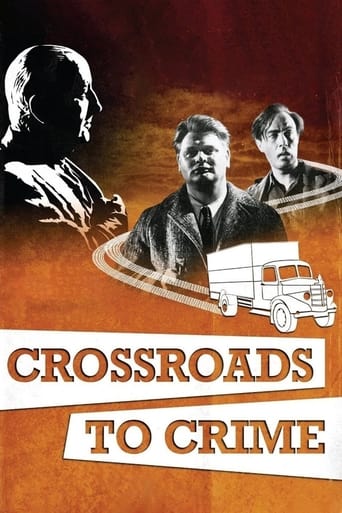
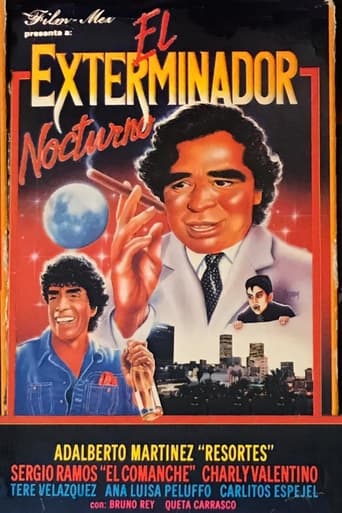
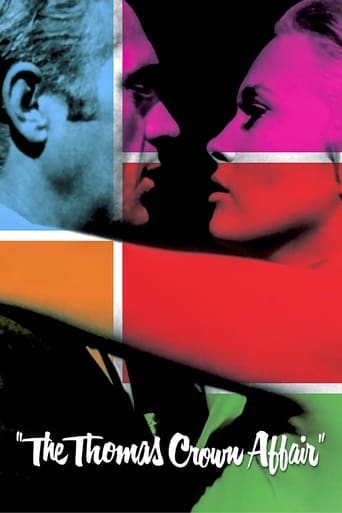
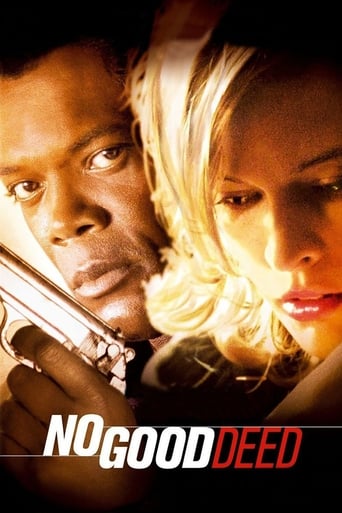

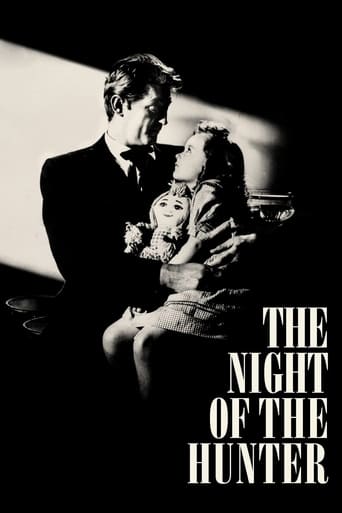
Reviews
Out of the thirteen full-length films he completed before his premature death I have now seen ten which is a reasonable sampling to give him a rating. I tend to be more tolerant that French critics because as I've had occasion to note on previous occasions the cinema-goers are, in the main spoiled as they get to see as many French films as they have a mind to whilst we on this side of the Manche have very much to subsist on crumbs from the rich man's table. This is very much an episodic film or a series of vignettes in which the gentleman thief delights in pitting his wits against wealthy art and jewel owners and always coming away with the prize. Above all the film is both elegant and stylish so that even if you can't work up a sweat of the ploy you can bask in the sumptuous settings.
Five years earlier, Jacques Becker had vividly evoked the seamier side of La Belle Époque in his classic 'Casque d'Or' (1952), but 'Les Aventures d'Arsène Lupin' is strictly a box of chocolates by comparison. Had the whole film been up to the standard of the two robbery sequences that bookend it it could have been another winner. Ravishingly produced in Technicolor, it is never more ravishing than when foregrounding the radiant smile of Liselotte Pulver, whose character forever seems on the verge of amounting to more than she ever actually does. Both she and Huguette Hue look most fetching in their figure-hugging ankle length Edwardian dresses; but their scenes lead nowhere, and the film becomes garrulous and uninvolving. Is it just coincidence that this was Becker's only film without his regular editor Marguerite Renoir?
Jacques Becker directed only thirteen features in a movie career that stretched from 1929 until his death in early 1960. All thirteen are well worth seeking out because Becker was a master of style, and this one was no exception. Elegant, stylized, beautifully set and costumed, it makes a most worthy addition to the Lupin gallery, with a superlative sense of period artistry in all departments — and engrossingly fascinating and/or wonderfully charming performances from the whole cast to boot, in particular from the three leads: Robert Lamoureux (Arsene Lupin), Liselotte Pulver (Mina von Kraft), and O.E. Hasse (the Kaiser).
It is perfectly legitimate for Jacques Becker to take this approach to the famous literary icon: Arsene Lupin a French Raffles, gentleman-thief, friend of the powerful, blithe, suave, robbing from th rich, prancing in the rarefied, multi-lingual, gay 90s world of Kaisers and aristocratic balls, more of an amusing gamesplayer than a serious criminal threat: if he is not quite Robin Hood, he never betrays those who help him, amply recompensing the slightest service.This is the image of Lupin that has seeped into popular culture, and innumerated by Maurice LeBlanc in his many volumes, easily foiling the brightest of not so bright police minds, including the legendary detective Holmlock Shears. But there is another Lupin far from this cosy image, detailed in LeBlanc's first book 'Arsene Lupin, Gentleman Thief' (1896). This book has fair claim as the pioneer of French crime cinema as it was to develop, distinct from its American counterpart.This Lupin was a deeply ambiguous figure, not existing fully in the text as a character, but an ungraspable presence flitting in and out. Through a series of unstable narratives, Lupin never emerged whole, as if his very identity was destroyed by the need to don an array of disguises. But if this figure is personally marginalised, his very insubstantiality is more threatening to society, as you are never quite sure who he is, where he's going to strike next. This makes everyone, including the law, a suspect, and undermines the confidence of a society. The American crime cinema has usually been about the whole individual, buffeted by circumstances or his own tragically flawed personality. French crime films undermine the very idea of the individual and society.This is obviously much easier to do in literature than in a film, especially a straightforward narrative film. While a literary character can hide in the text with the collusion of the narrator, a film character is always present, no matter what disguise he wears. Filmed, Lupin is suddenly deprived of his omniscient power, further trapped by Becker's famously contained style, in which nothing seems to exist outside of the frame.So the film becomes less about the adventures of Lupin than a critique. His corporeality is foregrounded. For instance in the books, crimes are committed as if by magic, later explained; here we watch every detail as they happen, everything is mundane and plausible. But Becker's mise-en-scene offers the opposite. Strange from a director with a greeater claim to poetic realism than a Carne, AVENTURES is a candy-coloured confection of the purest artifice - this is not the teeming Paris of Zola, it even avoids the sumptuous elegance of a Visconti - this is a Faberge world of mansions, balls, castles on craggy mountain tops, expensive jewellery shops, AVENGERS-like inventions. But the sets make no attempt to make these realistic on this level, being rather theatrical and flimsy. Even the more familiar street scenes seem artifical, almost abstract and dreamlike, with a few stylised extras doing nothing to create atmosphere.This air of unreality is perfect for games, and near the start we see Lupin taking off a disguise like an actor taking off his make up (which he keeps in a safe; normal bourgeois are defined by their wealth which confirms their identity, he by undermining identity), But behind the jokey, elaborate, rather obvious petty crimes, which certainly hurt no-one (and, unlike the books, there is a complete minimising of the police here; the one potential threat is a friend who unwittingly bails him out), there is a melancholy more typical of Becker.Lupin is so in command of his personae that he has no identity of his own - he must even put on an act in his own home. This prohibits any kind of relationship with women, and it is when he seems to fall for one that he is at his most vulnerable. So Lupin becomes almost a tragic hero, a monastic gamesplayer who is forever cut off from the joys of life, with no past to speak of, a puppet, court jester ( the chessboard floor of the ball gives this away), playing games to amuse the wealthy, scuttling like a spinning top in a never-ending present; like Max in TOUCHEZ PAS AU GRISBI, he is a prisoner of his own identity. Arsene Lupin is in hell.
